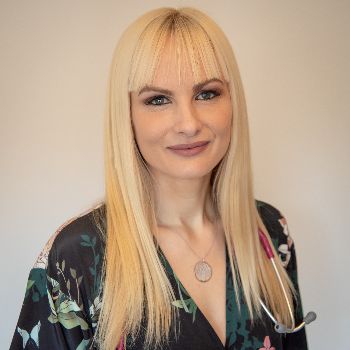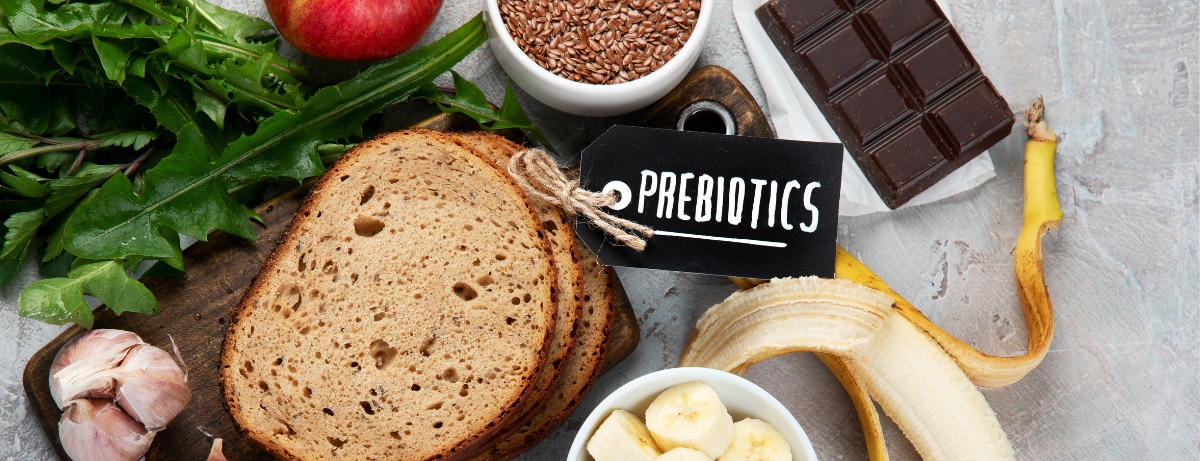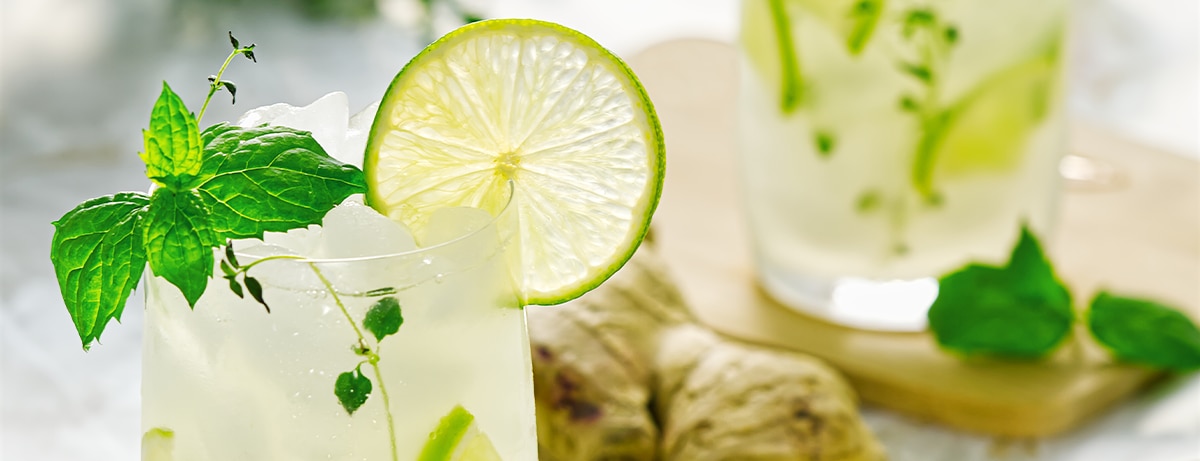S01 E06 | 47m | Gut health & immunity

What we're talking about in this episode
Some experts believe over 70% of immunity comes down to our gut. So staying well may be as much about what we feed our gut as washing our hands and wearing face masks. This episode seeks to find out:
- Why our gut health matters
- How to spot problems
- Ways to support and healthy gut
With Guests:
- Eve Kalinik - A nutritionist and author with am aim to help people discover that a healthy gut and happy mind are linked.
- Isabel Tarrant - A nutritionist at Holland & Barret with an MSc in Clinical and Public Health Nutrition specialising in gut health and the role of the gut microbiome in digestive health, immunity and brain health.
Gut healthy and immunity - Series 01 Episode 06 of The Wellness Edit
The expert guide to a healthy gut
Our gut has a huge influence on our health. Here Eve Kalinik, author of Happy Gut, Happy Mind, and Holland & Barrett nutritionist Isabel Tarrant reveal how to take care of your gut – so it takes care of you
Why gut health matters
‘We have around 100 trillion microbes in our gut – that’s three times more than the number of cells in our body,’ says Isabel Tarrant, nutritionist with Holland & Barrett. ‘And this gut bacteria influences everything. The most well-known link is with digestive health, but 70 per cent of our immune cells are inside our gut, so it’s the epicentre of our immune system.. Up until recently, people thought all bacteria was bad, but now we’re learning that friendly bacteria play an integral role in our health.’
The importance of fibre
‘The first thing I get clients to look at is not just the quantity of fibre in their diet, but the diversity,’ says Eve Kalinik, author of Happy Gut, Happy Mind. ‘A lot of people eat enough fibre, but have the same vegetables day in, day out – we need to rotate and diversify. If you have oats every morning, keep a couple of other grains in the cupboard, like spelt flakes and quinoa flakes. Nuts and seed mixes are great, too, because you get quite a few different types of fibre in there. One caveat: if you have IBS symptoms, don’t increase fibre intake massively overnight – start small and rotate foods.’
How to spot problems
‘A lot of people might deem their gut symptoms – such as not going to the toilet for a week – normal, because they’re used to it. But regular bowel movements are a sign that things are moving through as they should be,’ says Kalinik. ‘Gut symptoms would be cramping, excess gas, constipation and/or diarrhoea.’
‘Bad breath can be a sign of an imbalance in your gut bacteria,’ adds Tarrant. ‘Also things like brain fog or difficulty concentrating can be linked to an imbalance.’
Eat more of these foods
‘It’s a misconception that to be healthy, you have to cut out food groups. For gut health, it’s about enriching your diet and rotating colours,’ says Kalinik. ‘That brings in diversity of fibre, but the colours also provide polyphenols – plant chemicals which feed the gut microbiome.’
‘Darker, colourful foods such as berries, purple carrots, dark chocolate, green tea, spinach and grapes are all rich in polyphenols,’ adds Tarrant. ‘Foods containing prebiotic fibres feed the positive bacteria in our gut, and examples of these are garlic, chickpeas, lentils, artichokes and onions.’
How to supplement
‘If you’re not sleeping, your diet isn’t particularly considered, and you’re really stressed, then even the best probiotic can’t help,’ says Kalinik. ‘You’ve got to get those basics right. If you’re buying a probiotic, hone down on why you’re taking it and see that it has some clinical evidence behind it.’ Tarrant adds, ‘Synbiotics, which are a mix of probiotic and prebiotics, can be a good place to start.’
Manage stress
‘The gut-brain connection is incredibly powerful, so it’s really important to manage stress,’ says Kalinik. ‘Do a bit of daily mindfulness – I call it bubble-wrapping our mind. If you keep doing it, you can build a mind that is better equipped to deal with stressors, and that inadvertently has a positive impact on gut health.’
‘If you have a day where you don’t eat well, you’re stressed, or something’s gone wrong, don’t beat yourself up. It’s about the overall pattern, and all the small things add up,’ says Tarrant.
Want to learn more? Listen to more episodes The Wellness Edit podcast here.







